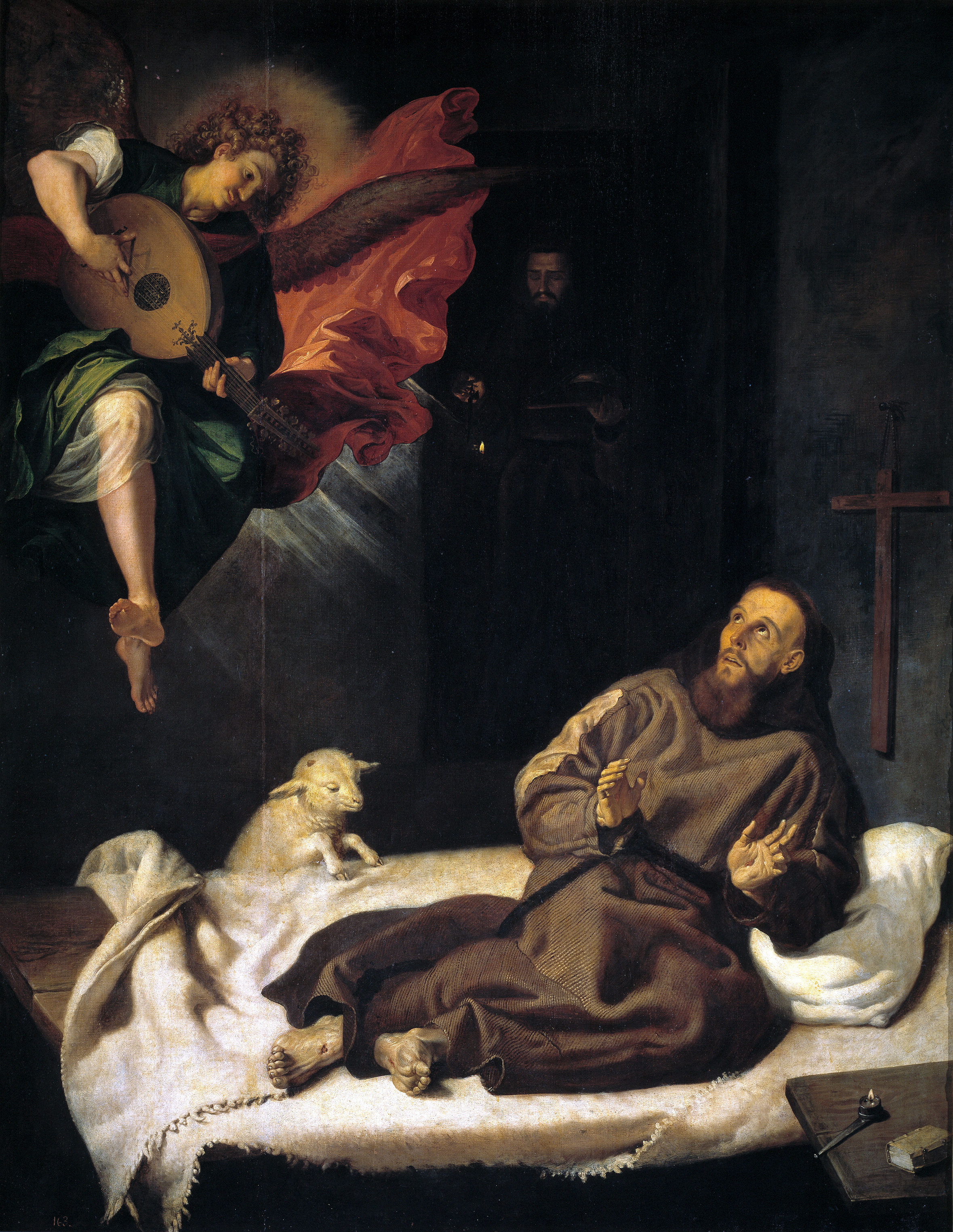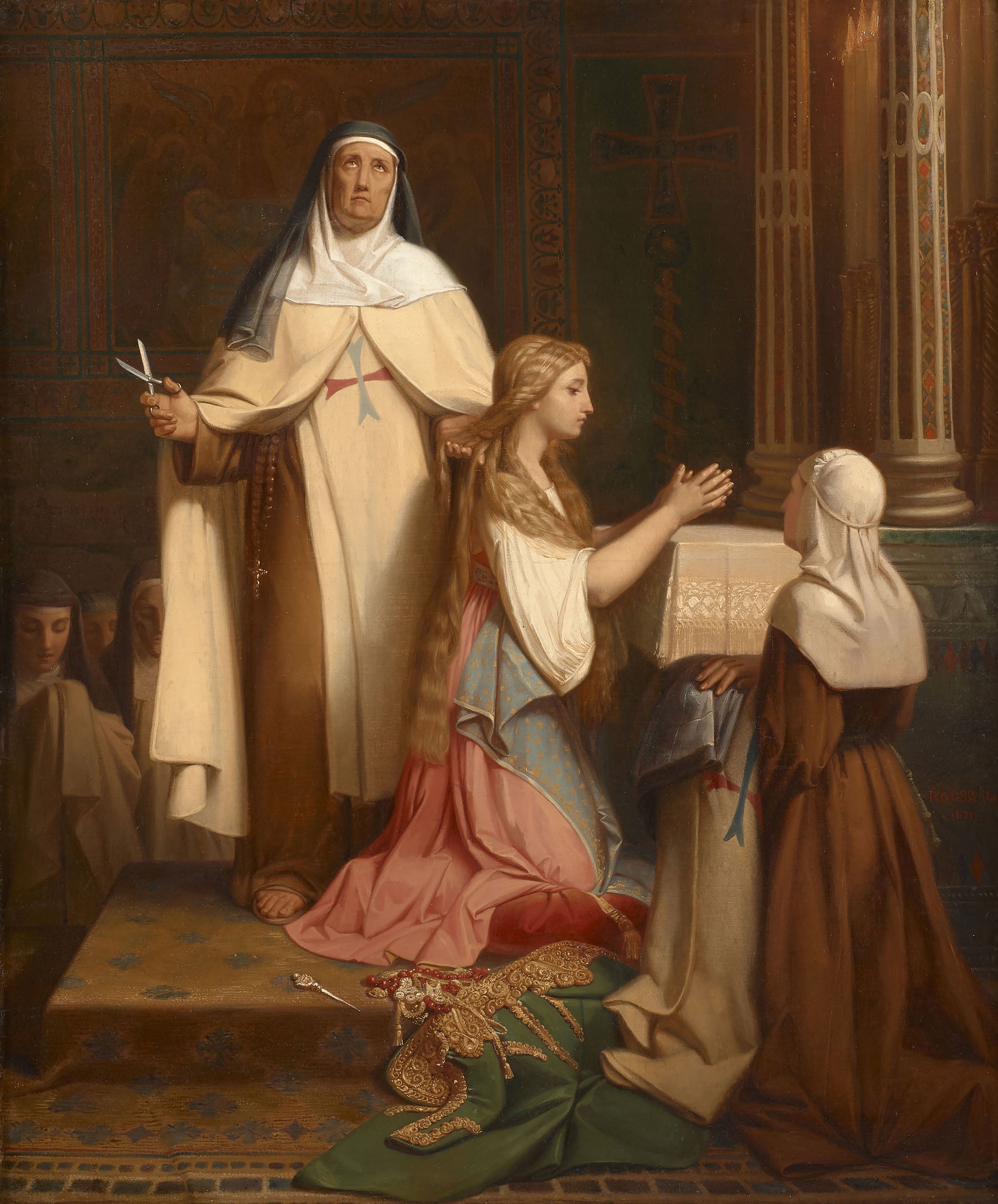|
Benedict D. Coscia
Benedict D. Coscia, O.F.M. , (10 August 1922 − 30 April 2008) was an American Friar Minor and a Catholic bishop. Life Early life He was born Vito Coscia in Brooklyn, New York, in 1922 and baptized at the Church of Our Lady, Help of Christians, on Staten Island. He attended Public School 104 in the Fort Hamilton section of Brooklyn for his elementary education (1928-1935) and then Immaculata High School in Manhattan (1935-1939). After graduation, he enrolled at St. Francis College in Brooklyn. Coscia then felt called to enter the Franciscans. He was admitted as a candidate for Holy Name Province, based in New York City, and entered St. Joseph Seraphic Seminary in Callicoon, New York, where he was admitted to the novitiate and given the religious name of Dominic Coscia. He made his initial profession of religious vows on December 8, 1943. He was then sent to complete his college studies at St. Bonaventure College (1943-1945), followed by seminary studies at Holy Name Colleg ... [...More Info...] [...Related Items...] OR: [Wikipedia] [Google] [Baidu] |
Franciscan
The Franciscans are a group of related organizations in the Catholic Church, founded or inspired by the Italian saint Francis of Assisi. They include three independent Religious institute, religious orders for men (the Order of Friars Minor being the largest contemporary male order), an order for nuns known as the Order of Saint Clare, and the Third Order of Saint Francis, a Third Order of Saint Francis#Third Order Regular, religious and Secular Franciscan Order, secular group open to male and female members. Franciscans adhere to the teachings and spiritual disciplines of the founder and of his main associates and followers, such as Clare of Assisi, Anthony of Padua, and Elizabeth of Hungary. Several smaller Franciscan spirituality in Protestantism, Protestant Franciscan orders have been established since the late 19th century as well, particularly in the Lutheranism, Lutheran and Anglicanism, Anglican traditions. Certain Franciscan communities are ecumenism, ecumenical in nat ... [...More Info...] [...Related Items...] OR: [Wikipedia] [Google] [Baidu] |
Franciscans
The Franciscans are a group of related organizations in the Catholic Church, founded or inspired by the Italian saint Francis of Assisi. They include three independent religious orders for men (the Order of Friars Minor being the largest contemporary male order), an order for nuns known as the Order of Saint Clare, and the Third Order of Saint Francis, a religious and secular group open to male and female members. Franciscans adhere to the teachings and spiritual disciplines of the founder and of his main associates and followers, such as Clare of Assisi, Anthony of Padua, and Elizabeth of Hungary. Several smaller Protestant Franciscan orders have been established since the late 19th century as well, particularly in the Lutheran and Anglican traditions. Certain Franciscan communities are ecumenical in nature, having members who belong to several Christian denominations. Francis began preaching around 1207 and traveled to Rome to seek approval from Pope Innocent I ... [...More Info...] [...Related Items...] OR: [Wikipedia] [Google] [Baidu] |
Pastor
A pastor (abbreviated to "Ps","Pr", "Pstr.", "Ptr." or "Psa" (both singular), or "Ps" (plural)) is the leader of a Christianity, Christian congregation who also gives advice and counsel to people from the community or congregation. In Lutheranism, Catholicism, Eastern Orthodoxy, Oriental Orthodoxy and Anglicanism, pastors are always Ordination, ordained. In Methodism, pastors may be either License to Preach (Methodist), licensed or ordained. The New Testament typically uses the words "bishops" (Acts 20:28) and "presbyter" (1 Peter 5:1) to indicate the ordained leadership in early Christianity. Likewise, Peter instructs these particular servants to "act like Shepherd, shepherds" as they "oversee" the flock of God (1 Peter 5:2). The words "bishop" and "presbyter" were sometimes used in an interchangeable way, such as in Titus 1:5-6. However, there is ongoing dispute between branches of Christianity over whether there are two Holy orders, ordained classes (presbyters and deacons), ... [...More Info...] [...Related Items...] OR: [Wikipedia] [Google] [Baidu] |
Anápolis
Anápolis ( , ) is a Brazilian city in the state of Goiás. It is located between two capitals, the federal capital Brasília and state capital Goiânia. It is the third most populous city in the state, with 398,869 inhabitants according to the IBGE, Brazilian Institute of Geographic and Statistics in 2022. It is an important industrial and logistics center in the Central-West Region, Brazil, Brazilian Central-West. Its GDP is Brazilian real, R$ 10 billion, approximately billion, which makes it the second largest in the state. The city became an industrial power after the implementation of its Industrial District in 1970. Etymology ''Anápolis'' means "city of Ana" in Greek language, Greek (Ana + ''polis'', city). History The settlement began in the 18th century, due to the travels of the drovers to the region of gold mines in the nearby towns. Some of the travelers, when they did not find any more precious metals, decided to settle in the thorp. The first historical registry w ... [...More Info...] [...Related Items...] OR: [Wikipedia] [Google] [Baidu] |
Vicar
A vicar (; Latin: '' vicarius'') is a representative, deputy or substitute; anyone acting "in the person of" or agent for a superior (compare "vicarious" in the sense of "at second hand"). Linguistically, ''vicar'' is cognate with the English prefix "vice", similarly meaning "deputy". It also refers to a senior priest in the Church of England. The title appears in a number of Christian ecclesiastical contexts, but also as an administrative title, or title modifier, in the Roman Empire. In addition, in the Holy Roman Empire, a local representative of the emperor, such as an archduke, could be styled " vicar". Catholic Church The Pope bears the title vicar of Christ (Latin: ''Vicarius Christi''). In Catholic canon law, ''a vicar is the representative of any ecclesiastic'' entity. The Romans had used the term to describe officials subordinate to the praetorian prefects. In the early Christian churches, bishops likewise had their vicars, such as the archdeacons and archpriests, ... [...More Info...] [...Related Items...] OR: [Wikipedia] [Google] [Baidu] |
Benedict The Moor
Benedict the Moor (; 1526 – 4 April 1589), also known as Benedict of Palermo, Benedict the Black, or Benedict the African, was a Afro-Sicilian Order of Friars Minor, Franciscan friar. Born to enslaved Africans in San Fratello, he was freed at birth and became known for his charity. As a young man, he joined a Franciscans, Franciscan-affiliated hermit group, of which he became the leader. In 1564 he was sent to the Franciscan friary in Palermo, where he continued good works. He died in 1589 and was Canonization, canonized by Pope Pius VII in 1807. Life Benedict was born to Cristoforo and Diana Manasseri, Africans who were taken as slaves in the early 16th century to San Fratello (also known as ''San Fradello'' or ''San Philadelphio''), a small town near Messina, Sicily. They were given Italian names and later converted to Christianity. The Italian language, Italian "il Moro" for "the dark-skinned" has been interpreted as referring to Moorish heritage. Because of his appearance, ... [...More Info...] [...Related Items...] OR: [Wikipedia] [Google] [Baidu] |
Priesthood (Catholic Church)
The priesthood is the office of the ministers of religion, who have been commissioned ("ordained") with the holy orders of the Catholic Church. Technically, Bishop in the Catholic Church, bishops are a priestly order as well; however, in common English usage ''priest'' refers only to presbyters and pastors (parish priests). The church's doctrine also sometimes refers to all baptised members (inclusive of the laity) as the "priesthood of all believers#Catholic view, common priesthood", which can be confused with the minister of religion, ministerial priesthood of the ordained clergy. The church has different rules for priests in the Latin Church–the largest Catholic particular church–and in the 23 Eastern Catholic Churches. Notably, priests in the Latin Church must take a vow of celibacy, whereas most Eastern Catholic Churches permit married men to be ordained. Deacons are male and usually belong to the diocesan clergy, but, unlike almost all Latin Church (Western Catholic) p ... [...More Info...] [...Related Items...] OR: [Wikipedia] [Google] [Baidu] |
Holy Orders
In certain Christian denominations, holy orders are the ordination, ordained ministries of bishop, priest (presbyter), and deacon, and the sacrament or rite by which candidates are ordained to those orders. Churches recognizing these orders include the Catholic Church, the Eastern Orthodoxy, Eastern Orthodox (ιερωσύνη [''hierōsynē''], ιεράτευμα [''hierateuma''], Священство [''Svyashchenstvo'']), Oriental Orthodoxy, Oriental Orthodox, Anglican, Assyrian Church of the East, Assyrian, Old Catholic, Independent Catholic churches, Independent Catholic and some Lutheran churches. Except for some Lutherans and some Anglicans, these churches regard ordination as a sacrament (the ''sacramentum ordinis''). Christian denomination, Denominations have varied conceptions of holy orders. In some Lutheran and Anglican churches the traditional orders of bishop, priest and deacon are bestowed using ordination rites contained within ordinal (liturgy), ordinals. The exten ... [...More Info...] [...Related Items...] OR: [Wikipedia] [Google] [Baidu] |
Master's Degree
A master's degree (from Latin ) is a postgraduate academic degree awarded by universities or colleges upon completion of a course of study demonstrating mastery or a high-order overview of a specific field of study or area of professional practice. A master's degree normally requires previous study at the bachelor's degree, bachelor's level, either as a separate degree or as part of an integrated course. Within the area studied, master's graduates are expected to possess advanced knowledge of a specialized body of theoretical and applied topics; high order skills in analysis [...More Info...] [...Related Items...] OR: [Wikipedia] [Google] [Baidu] |
Religious Vows
Religious vows are the public vows made by the members of religious communities pertaining to their conduct, practices, and views. In the Buddhist tradition, in particular within the Mahayana and Vajrayana traditions, many different kinds of religious vows are taken by the lay community as well as by the monastic community, as they progress along the path of their practice. In the monastic tradition of all schools of Buddhism, the Vinaya expounds the vows of the fully ordained Nuns and Monks. In the Christian tradition, such public vows are made by the religious cenobitic and eremitic of the Catholic Church, Lutheran Churches, Anglican Communion, and Eastern Orthodox Churches, whereby they confirm their public profession of the evangelical counsels of poverty, chastity, and obedience or Benedictine equivalent. The vows are regarded as the individual's free response to a call by God to follow Jesus Christ more closely under the action of the Holy Spirit in a particular form of ... [...More Info...] [...Related Items...] OR: [Wikipedia] [Google] [Baidu] |
Religious Name
A religious name is a type of given name bestowed for religious purposes, and which is generally used in such contexts. Christianity Catholic Church Baptismal name In baptism, Catholic Church, Catholics are given a Christian name, which should not be "foreign to Christian sentiment" and is often the name of a saint. In East Asia, in Africa and elsewhere, the baptismal name is distinct from the traditional-style given name. Traditionally, Orthodox and Catholic Christians celebrate their name day (i.e., the feast day of their patron saint), in addition to their birthday. Confirmation name In some countries, it is common to adopt a Confirmation#Confirmation name, confirmation name, always the name of a saint, in addition to the baptismal name. The saint whose name is taken is henceforth considered to be a patron saint. Religious name In general, religious names are used among the persons of the consecrated life. In most religious institutes, a new member is traditionally either ... [...More Info...] [...Related Items...] OR: [Wikipedia] [Google] [Baidu] |





